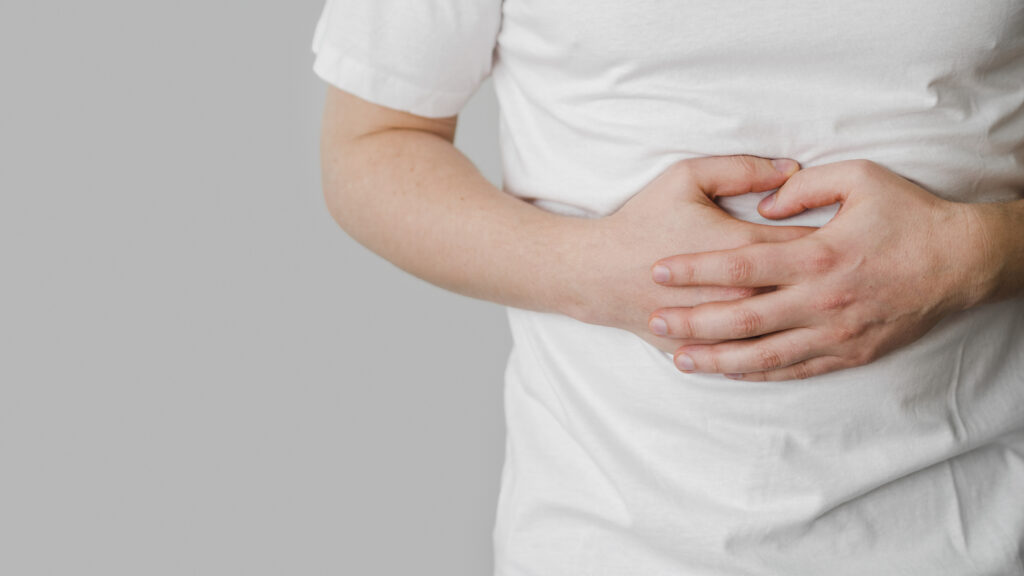Constipation is a common condition that affects most people of all ages. It might only be a massive problem for certain people once it becomes severe. It is determined by the difficulty of passing stool effectively. Chronic constipation can be due to multiple factors and finding a specific aspect of this condition is challenging.
What are the symptoms if I have constipation?
- Experience difficulty in bowel movements – cannot pass stools for up to 3 days or a week.
- Hard or small stools – You might spend a long time in the toilets and feel everything didn’t come out.
- Bloated belly
- You may need help to pass stools, such as by slight pressure over your abdomen
Why do I have constipation?
The underlying issues are unpredictable. Some cases can be due to one factor or multiple factors, sometimes unidentified.
Here are some causative factors of chronic constipation:
- Dehydration
- Less fibre intake
- Stress
- Diabetes, pregnancy, hyperparathyroidism or hypothyroidism.
- Blockages in the colon or rectum due to cancer, anal fissures or bowel stricture.
- Neurological diseases like multiple sclerosis, Parkinson’s disease, spinal cord injuries or stroke.
- Inability of pelvic muscles to correctly contract and relax.
Complications that might occur if the condition is prolonged?
- Haemorrhoids – veins in the anus are swollen.
- Anal fissure – torn skin in the anus due to hard stools.
- Accumulation of hardened stools – hardened stools stuck in your intestines
- Rectal prolapse – a small part of the rectum protrudes from the anus
Here are five tips for you to get relief from constipation:
- Take more food with fibre in it
- Drink more water, hydrate yourself
- Try coffee. It may help you poop
- Limit your meat, dairy and processed food intake
- Be active; when you move, your bowels move!!
It is essential to pass your stools regularly as it may help you to remove waste and expel toxins. Even though constipation is prevalent among people, you must reduce the symptoms. Please be mindful that while adding fibres into your diet, don’t be overboard because it can lead to increased intestinal gases, bloating and cramping.
References:
- Constipation Relief Guide. (2012, May 1). WebMD. https://www.webmd.com/digestive-disorders/constipation-relief-tips
- Jordan, M. D. (2022). Dos and Don’ts of Constipation Relief. Everyday Health. https://www.everydayhealth.com/hs/guide-to-constipation-relief/diet-for-constipation-relief/
- Mayo Clinic. (2021). Constipation. https://www.mayoclinic.org/diseases-conditions/constipation/symptoms-causes/syc-20354253
- Mayo Clinic. (2022). Dietary fiber: Essential for a healthy diet. https://www.mayoclinic.org/healthy-lifestyle/nutrition-and-healthy-eating/in-depth/fiber/art-20043983


